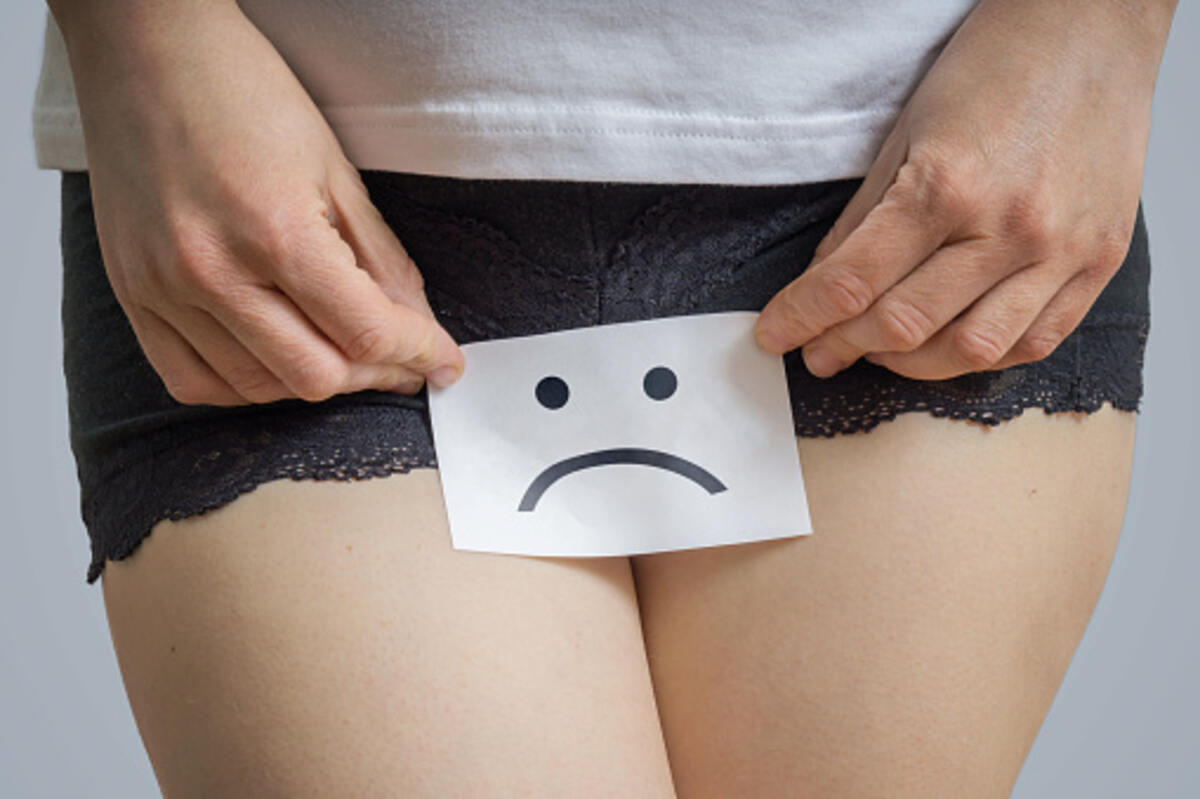Bladder Infection – How to Treat a Bladder Infection
Bladder infections are common among women, but they can be dangerous if they spread to the kidneys. Bacteria cause them. Usually E. coli, to live in your skin and intestines. The bacteria can invade the urethra, the passage between the bladder and kidney, and cause an infection. Women are more likely to develop bladder infections than men, but men can get them too.
Cystitis
Cystitis and bladder infections are common in women; most women will experience them at some point in their lives. They are not dangerous or contagious, but they can affect the kidneys if left untreated. Treatment for this problem involves antibiotics and may take several days or weeks. Patients should drink a lot of water during treatment to avoid dehydration.
A variety of bacteria typically causes cystitis. Some of the most common bacterial species isolated are Lactobacilli, enterococci, and group B streptococci. In addition, some studies have also found S. saprophyticus to be isolated, although it has been uncommon in women.
Treatment
The treatment of bladder infection typically begins with a course of antibiotics. The type of antibiotic required will depend on the bacterial strain and the patient health. Fosfomycin, trimethoprim-sulfamethoxazole, or nitrofurantoin are the most common options. Other antibiotics may be necessary, mainly if the bacteria are resistant to the first-line antibiotics. The course of treatment can range from one to seven days, depending on the severity of the infection.
Acute urinary infections can be deadly if left untreated, and patients can suffer severe morbidity and septic shock. In addition, chronic urinary infections can lead to suppurative complications. These complications are rare but life-threatening, especially in patients with comorbidities. Once one of the leading causes of death in spinal cord injury patients, today’s treatments aim to prevent urinary tract infections from developing into a more severe condition.
Prevention
Prevention of bladder infection is an integral part of a woman’s overall health. Drinking plenty of fluids is essential to keep the urinary tract clean and free from bacteria. At least six to eight glasses of water per day are recommended. It’s also important to urinate frequently before and after sex to flush out bacteria introduced during intercourse.
Women are more likely than men to develop a urinary tract infection, especially cystitis. This is due to the close connection between the vagina and bladder (anus). Bacteria are often found in the anus and vagina and may quickly enter the bladder. Another risk factor is incomplete bladder emptying, which can cause the bacteria to multiply.
Home remedies
Home remedies for bladder infections are available in various forms and can be used to soothe pain, reduce inflammation, and even cure the infection. Garlic, for example, can combat infection because it has antibacterial and anti-viral properties. Other remedies for bladder infection include goldenseal, which is anti-bacterial and anti-inflammatory. It also relieves bladder pain and bleeding and helps heal ulcers caused by a bladder infection. Herbal treatments, such as goldenseal and uva ursi, can relieve bladder infection symptoms, though they may have side effects.
Another option for home remedies for bladder infections is avoiding foods that trigger the infection. Caffeinated drinks, sugary and spicy foods, and tobacco are among the most common triggers for bladder infections. Cutting down on these foods and beverages can reduce the pain and inflammation associated with a bladder infection. Apple cider vinegar is also a healthy home remedy for a bladder infection because it contains probiotic enzymes and potassium, which are known to fight bacteria and treat bladder infections.




